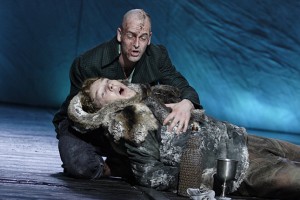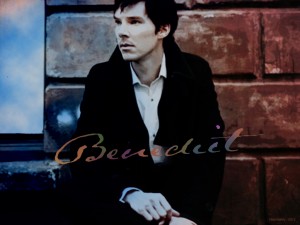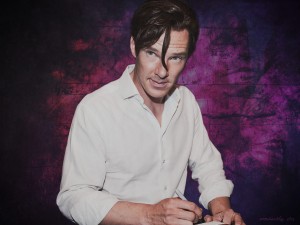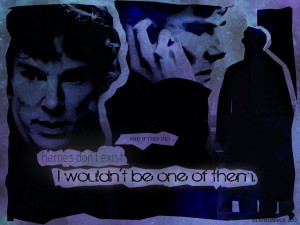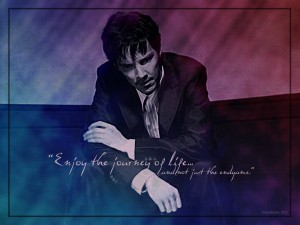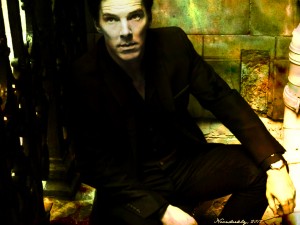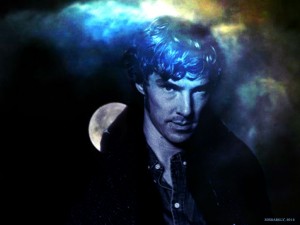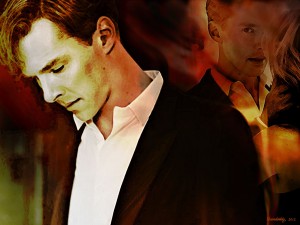When people find out I already saw Danny Boyle’s “Frankenstein” five times, not to mention that this is only a broadcasted movie version of the original live recording, they raise their eyebrows and ask me, ‘Is it that good?!’. My answer to them is: Yes, it is that good. Then again, there are probably better stories, better actors, better stage plays, better directions. I’m not saying this is the Most Successful Play in the Universe. But it speaks to me. And I will watch it again, twice, later on this summer.
It spoke to me already when I was reading C. G. Jung’s “Answer to Job”, a highly controversial treaty on God’s complex character in the light of how He treats Job. Some thoughts stayed with me and reverberated off the emotional network of “Frankenstein”. I am not ashamed to say I shed tears when I first saw the play. Not because of the brilliant acting of both Benedict Cumberbatch and Jonny Lee Miller, which is undoubtedly one of the highlights of the production, but because there are several moments in the play that resonated with me. When the Creature thinks Frankenstein is dead, he cries, he feels lost, he says, ‘don’t leave me alone… can I die? what will it be like?… if you go, I will go, too’. I have been there. Oh, that harrowing, terrible, empty feeling… when there is nothing to wake up for. Nothing to continue for. The tears shed for the Creature were tears shed for myself, too. ‘The only thing I wanted was your love… I would have loved you so much’, he says, and kisses the temple of the unconscious Frankenstein. No human heart can stay unmoved… ‘My poor Creator’, he adds, heart-broken. He knows what Victor and the audience knew a while back: the Creature has surpassed the Creator. This is the fate of parents and children, this is how the world evolves. But the Creature has surpassed his Creator in a very important way: he has learnt how to love, he, the one put together from dead tissue, he, the one without a name, he, the one who never got to hold a woman in his arms – while Victor, the scientific genius, remained unable to love, because all his life he considered science and progress to be more important than being close to people. read more »

